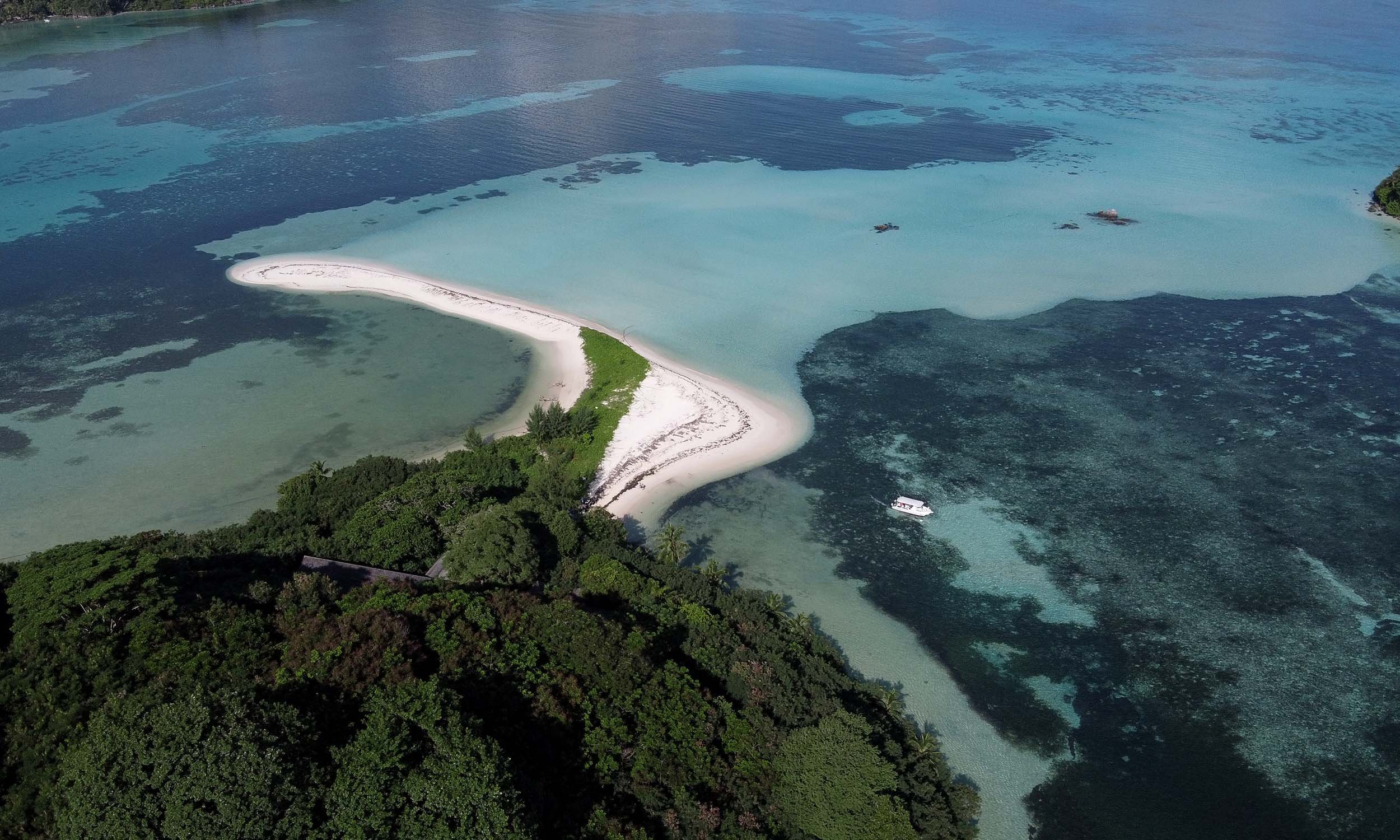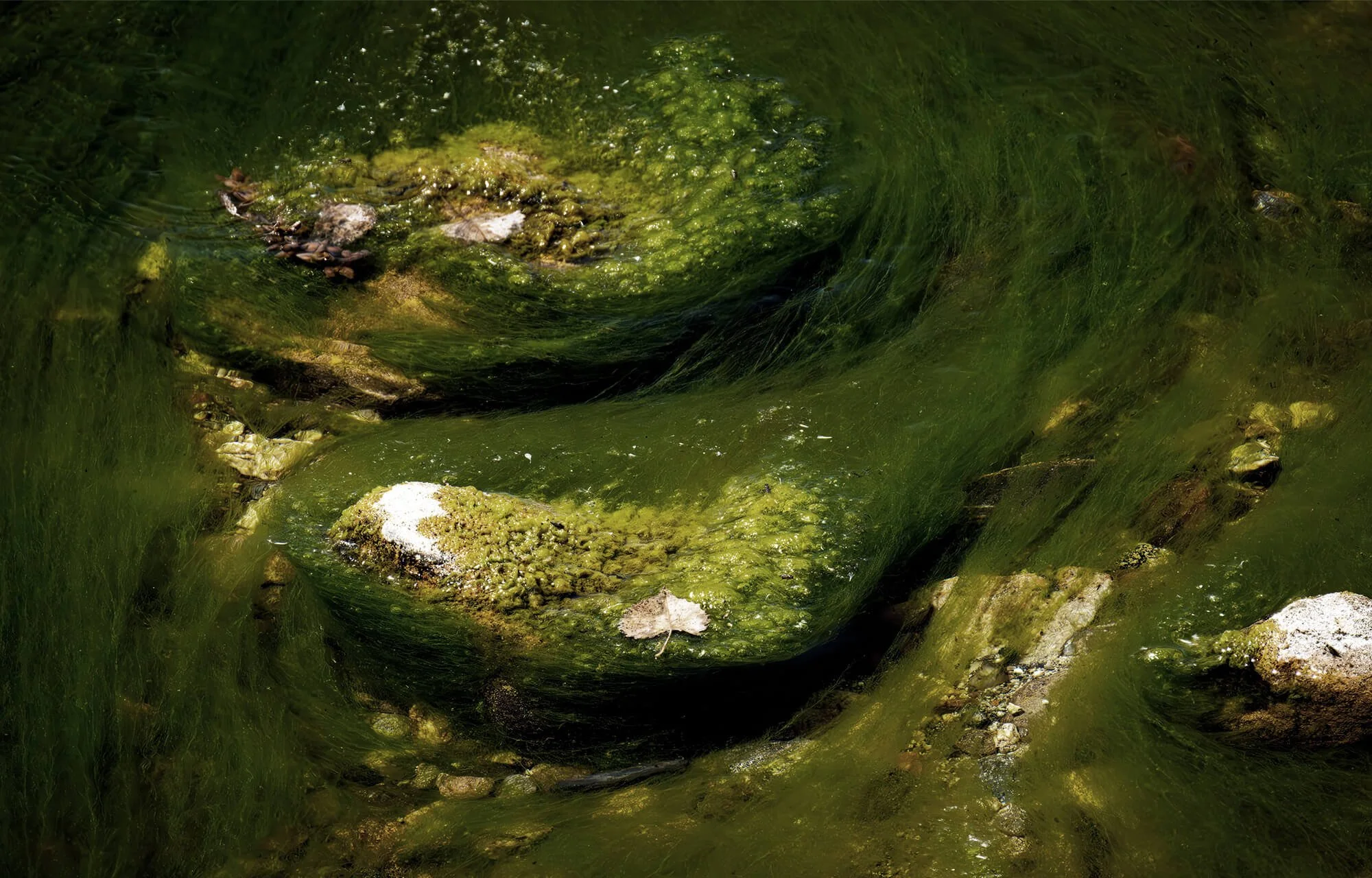Blue Bus Schroadtrip
Road Trip for Youth Education and Cleanup Initiatives
Hans and Nick Schippers are brothers on a mission to educate youth about the plastic pollution epidemic, and inspire the change needed to save our oceans. They have travelled on their re-purposed blue bus from Seattle to San Diego organizing cleanups and visiting schools, and are now working their way through Canada in collaboration with Parley. Hans and Nick are mobilizing communities and spreading the message, that has reached over 10,200 students up to date.
Q&A
What inspired you to start this journey?
HANS:
After graduating from the University of Hawaii with a BA in environmental economics and political science I was fortunate to land a job in solar energy. I quickly realized that this was not implementing change in the way that I had thought and I knew that I could do more.
As a life-long waterman I realized the fate of our oceans was at great risk and that the only option for me was to take a stand and fight for them. Taking what I learned from working with Surfrider Foundation and Sustainable Coastlines Hawaii I wanted to set out to do something that truly made a difference in the fight against plastic pollution. I called Kahi and presented the idea of driving the West Coast of the US surfing and educating students about plastic pollution and the effects on marine environments. I called my brother and insisted that he join me and 1 month later we were off to the races with a goal to educate 10,000 students!
NICK:
Hans called me up one day and said he had an idea. His idea was to scale the educational component of Sustainable Coastlines Hawaii and bring it to the mainland. In short, it was a way to take a 6 month surf trip down the west coast of the US while doing something meaningful and different that would set us up for future work in this field.
Having spent the last 7 years pursuing my undergraduate degree in environmental studies and masters degree in environmental policy from the University of Washington, I was ecstatic at the idea of getting out of town and doing some traveling. While in school I was working with the Surfrider Foundation and a shift of work from the policy field to more direct impact drew me in as something new. Noting the considerable increase in plastic pollution along the west coast at some of our local surf breaks, I felt that taking action on plastic pollution would be an easy and accessible way to bring coastal based communities into the conversation around environmental issues.
What keeps you going?
HANS:
The future. Whether that be getting messages from kids in schools saying that they banned polystyrene lunch trays, utensils, and started an environmental club or watching the communities we visit take action in their own way. Knowing that our future will be better because of our impact is what keeps me going. I don’t want the future generations to grow up and not get to enjoy the most incredible place on earth, the oceans. I can fall asleep at night knowing that I tried my best to contribute positive change towards a negative problem.
NICK:
I think for both of us the future generation of kids inspires us greatly and adds immense value to the work we are doing. We want to leave our youth with clean oceans so they can enjoy all the wonder that the oceans bring. Whether through sport, science, or even rest and rehabilitation, the oceans provide us with a physical and emotional environment that is critical to our own survival. This is worth protecting for generations to come.
Working towards something that I know is contributing to the world in a positive way is something that is fulfilling and brings meaning to a career. Through my personal connection to the oceans as a surfer, I value them second to nothing. The oceans provide me with an escape and connection to the natural world that I believe is critical to protect. Educating others about the importance of healthy oceans is a natural extension of my everyday life.
How do you approach the conversation around plastic pollution at schools?
HANS:
It is not political! In this time of political chaos, we remind the students that solving plastic pollution in their school and in their community is not a matter of political standing but rather a value of taking care of the earth. We all need this place to survive!
NICK:
Bringing plastic up as something that is tangible and that impacts us all. I think the cool part about plastic is that it is omnipresent in our world. Everybody sees plastic and is impacted by it in one way or another. When working with students this aspect makes it easy to jump into solutions and get them thinking critically about how we can take action.
What, in your experience, has the potential to inspire others to take action or create the most impact?
HANS:
Making it fun and keeping it positive. From experience we know that we cannot go into schools and communities and doom on the future. By making it positive and leaving students and community members feeling motivated and inspired that they truly can be the change they want to see! “Individual action effected upon millions equals results!”
NICK:
MAKE IT FUN! People want to engage with something that lets them feel like they are making a difference. If they can do that in a way that is fun it will be far more likely to draw other people in and that is when actual change is created.
Could you share any valuable lessons that you’ve learned along the way?
HANS:
To always think about other people’s lives and the circumstances they face everyday when talking to them about plastic pollution. Nobody is perfect and they will do the best they can to make the changes they are capable of. On another note make sure to take some time to get outside and “get some ahhhhhhhh” as Dr. Wallace J Nichols would say. It serves as a constant reminder of how incredible this place truly is and why it is important to protect it!
NICK:
Keep things in perspective. With such a hectic world there are millions of ways to lose track or become distracted from issues like plastic pollution. At the end of the day we are all people and nobody is perfect. When trying to reduce our impact and be aware of environmental issues it is important to remember that change takes time, patience, and practice. Doing our best to change means different things on different days and it is being consistent and slowly improving that makes the difference. It doesn't happen overnight.
What is your advice for today’s youth?
HANS:
SEND IT! Do not be afraid to take chances at something you see of importance. YOU can be the change that you want to see in this world. We have a lot of work to do but taking the small steps necessary truly does add up. We want them to walk out of their schools “thinking global and acting local.” The change starts with them, in their school, and in their community.
NICK:
Ask questions and take chances. You should always be curious and be eager to learn. In a field like plastics where there is so much going on there is always more information to learn and there is always room for new ideas and concepts to grow. Don’t be afraid to think outside the box, ask questions and know what you don’t know. These will help you grow as both a person and an activist.

















